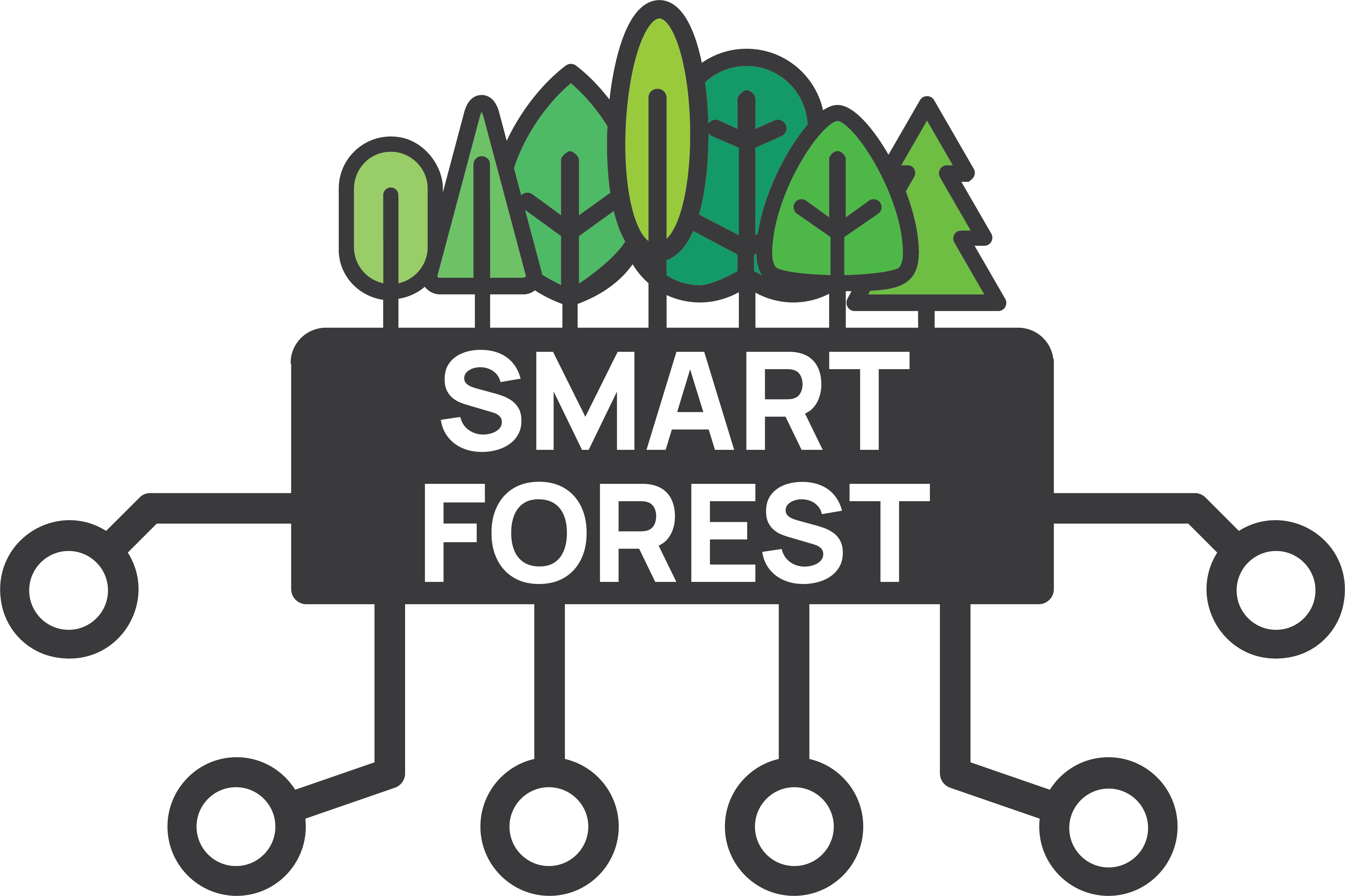SmartForest 2026 Programme Committee
The programme committee brings together experts from research, business, and practice. In collaboration with the SmartForest team, they design a programme that opens up new perspectives and transcends disciplinary boundaries. With their interdisciplinary expertise, they ensure that SmartForest 2026 brings together the latest research findings, innovative technologies, and practical applications in the fields of digitalisation, sustainability, and forestry.
Through the careful selection of contributions and formats, the committee creates the framework for an inspiring exchange between research, business, and practice – with the aim of shaping the future of our forests in a sustainable and smart way.

Programme Committee
Dr. Mirela Beloiu Schwenke
Environmental Systems Science, ETH Zürich
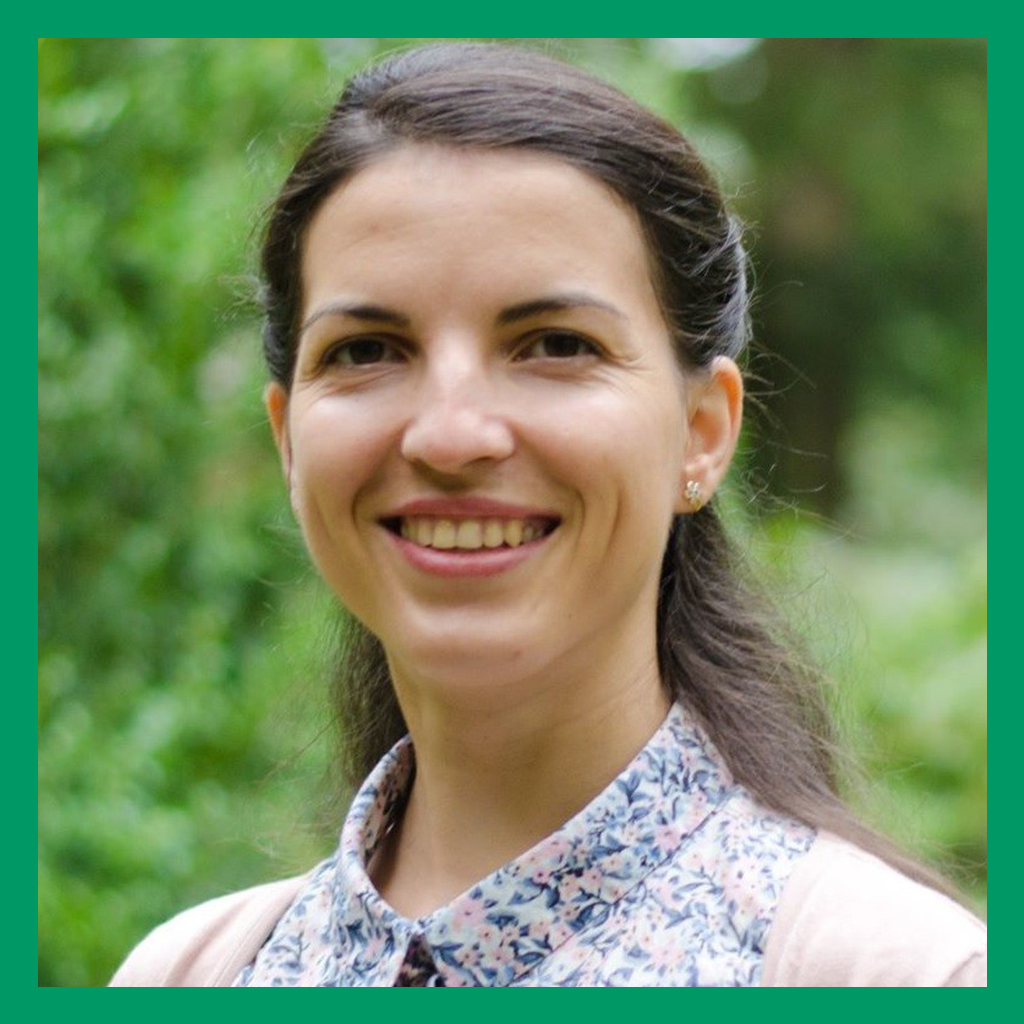
Dr. Mirela Beloiu Schwenke is an established researcher at ETH Zürich in the Department of Environmental Systems Science, working at the intersection of forest ecology, remote sensing, and climate warming.
She earned her Ph.D. from Bayreuth University, where she focused on the impacts of climate warming on forest regeneration. Dr. Beloiu Schwenke leads multiple projects on tree species health assessment, including the TreeAI Global Initiative, a groundbreaking effort to assess tree species diversity using artificial intelligence.
Prof. Dr. Fabian Fassnacht
Institute of Geographical Sciences,
Freie Universität Berlin

Prof. Dr. Fabian Faßnacht has been Professor of Remote Sensing and Geoinformatics at the Institute of Geographical Sciences at Freie Universität Berlin since 1 April 2022.
His research carries an emphasis on the application of remote sensing data to understand ecological patterns and processes of vegetation ecosystems and the development of workflows for quantifying and mapping forest characteristics using remote sensing data.
Before his appointment, Prof. Faßnacht worked as a Senior Scientist at the Institute of Geography and Geoecology at the Karlsruhe Institute of Technology.
Nancy Müller
Consultant for digitalisation of forestry and wood, Fachagentur Nachwachsende Rohstoffe e.V. (FNR)
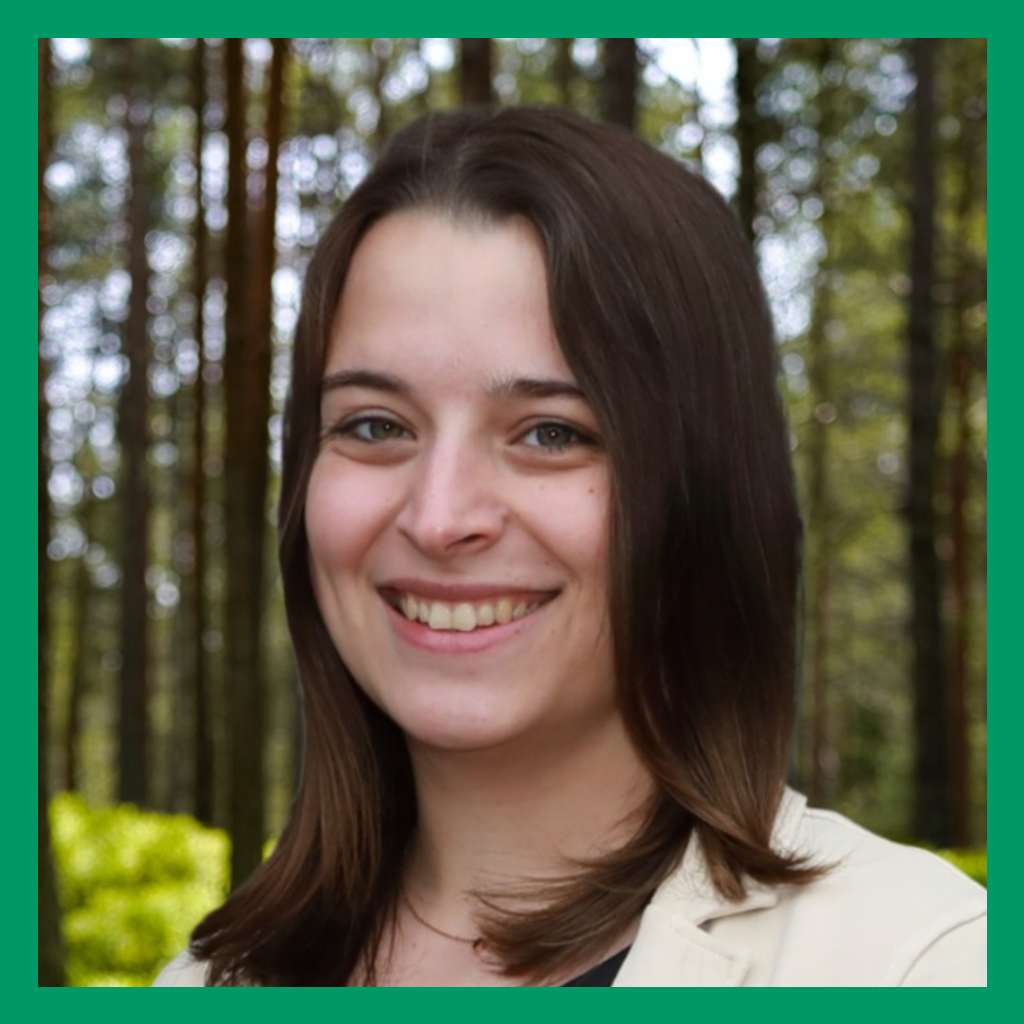
Nancy Müller is a specialist for digitalisation in the public relations department of Fachagentur Nachwachsende Rohstoffe e.V. (“Agency for Renewable Resources”) (FNR).
After completing her master’s degree in forestry in 2020, she gained practical experience in the forestry service at the AELF Kempten. At the FNR, she has been organising and moderating the “Digitalisation of Forestry and Wood” roundtable for the last three years.
Her role consists of facilitating networking among stakeholders, identifying synergies, and promote collaboration for innovative solutions. She utilises her overview to ensure that all participants work together to create solutions for existing challenges and make progress in digitalisation.
Prof. Dr. Thomas Purfürst
Professor of Digitised Forestry Processes and Systems at Dresden University of Technology
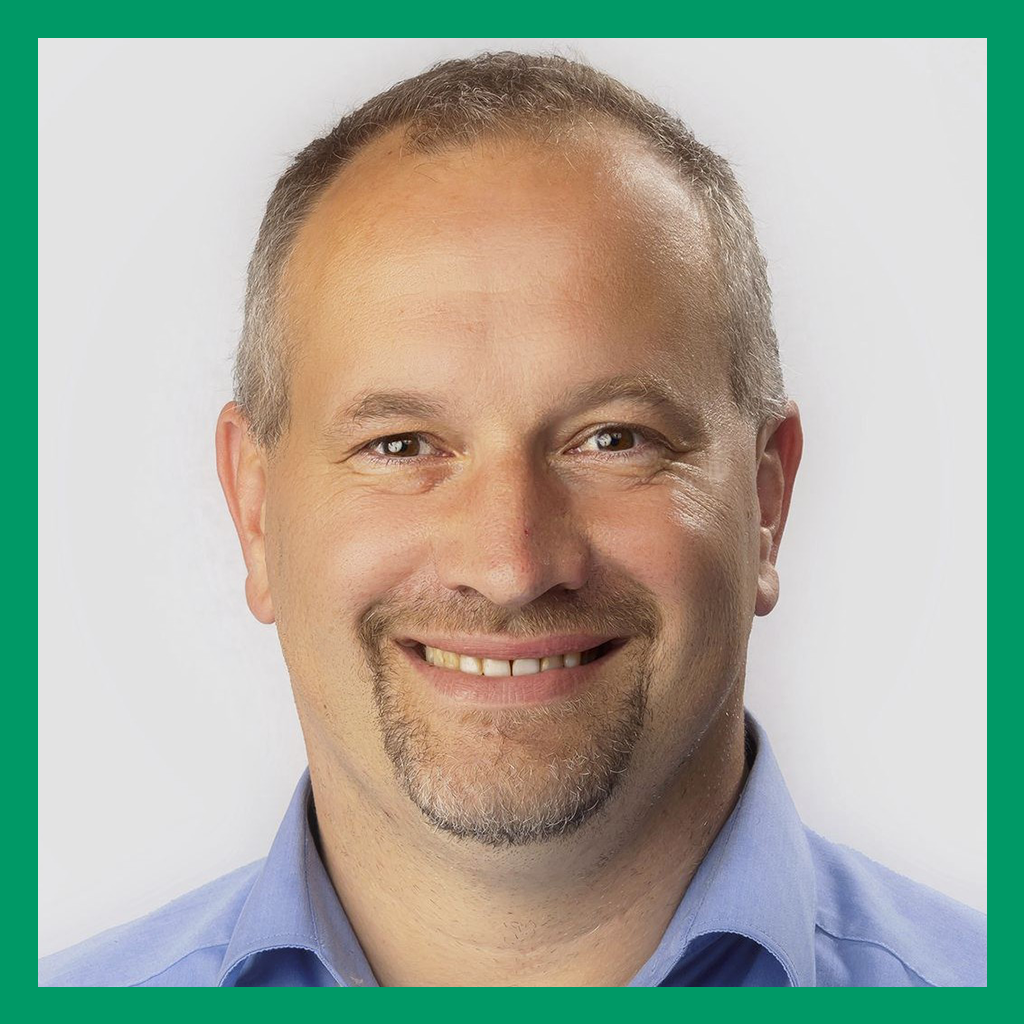
Prof. Dr. Thomas Purfürst holds the Chair of Digitalised Forestry Processes and Systems at Dresden University of Technology (TUD). The chair is a central component of the forestry sciences department at TUD in Tharandt.
Prof. Purfürst previously held the Chair of Forest Engineering at the University of Freiburg. His expertise is based on more than 20 years of intensive research and practical experience in the interplay of digitalisation, geoinformatics, forestry technology, and logistics, always with a focus on increasing the efficiency of forestry processes and optimising the timber supply chain. His academic career includes degrees in forestry and geoinformatics, and a postdoctoral qualification focusing on digital documentation and data management for forest soil surveys.
The research conducted under Professor Purfürst’s leadership aims to shape precision forestry and Forest 5.0. A central theme is the design and implementation of dynamic, individual tree-based digital twins of the forest, combined with comprehensive geodata management.
His key research pillars include the digitalisation of the supply chain, sensor technology and data collection, immersive technologies, and sustainability assessment.
Dr. Werner Rammer
Department for Life Science Systems, Technical University Munich
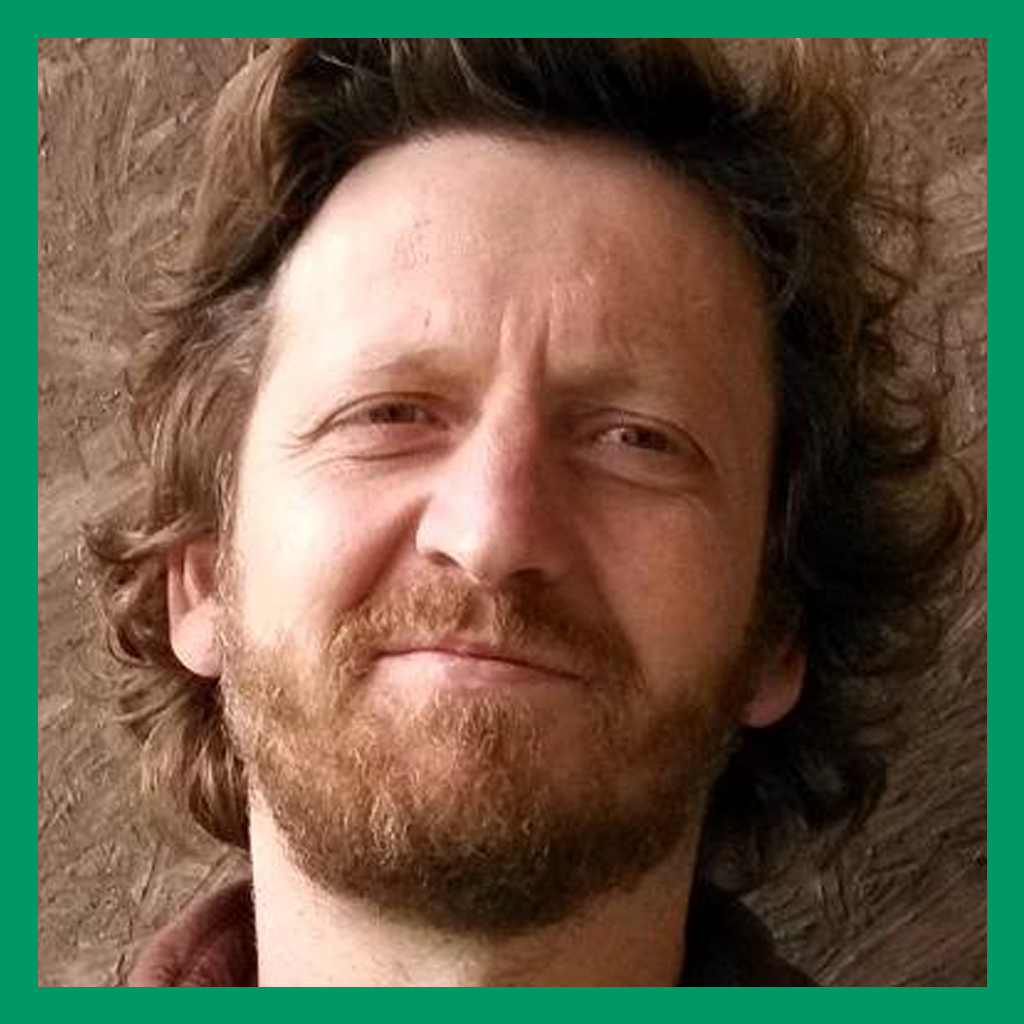
Dr. Werner Rammer is a Senior Scientist at the Chair of Ecosystem Dynamics at the Technical University of Munich. He develops and uses forest ecosystem models to analyse the effects of climate change, disturbances and forest management. He is also a pioneer in the application of artificial intelligence in ecosystem research.
His research focuses on ecosystem modelling, artificial intelligence/deep learning, software development, the effects of climate change, ecosystem services, and forest management.
Thorsten Reitz
wetransform GmbH, Darmstadt
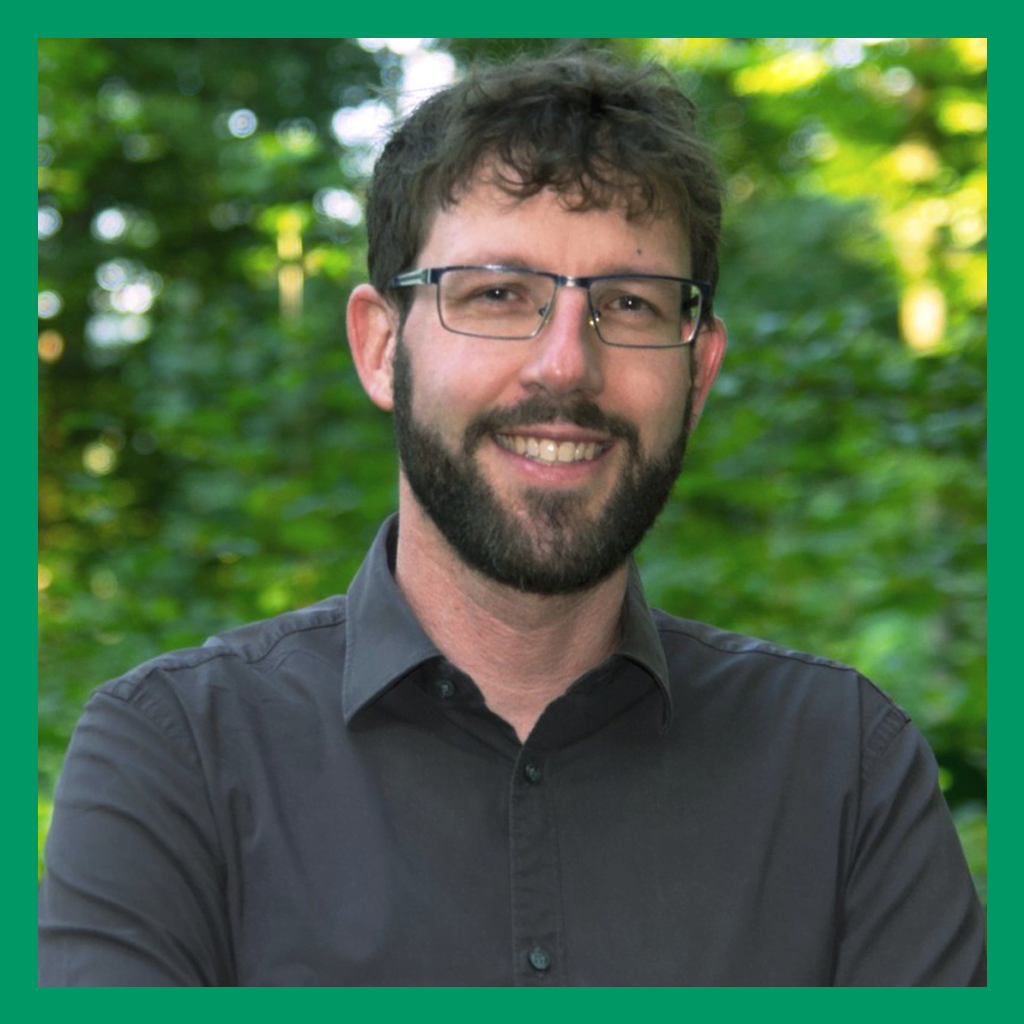
Thorsten Reitz is the founder of wetransform GmbH.
After studying media informatics, he worked at Fraunhofer IGD from 2004 to 2012 as a research assistant and later as head of department, where he played a key role in data harmonisation projects such as HUMBOLDT, eSDI- NET+, CityServer3D and urbanAPI. Through this work, he gained broad knowledge of INSPIRE and other geodata standards. He is also the “father” and first developer of hale»studio.
From 2012 to 2015, he was Head of Product Engineering at the Esri R&D Centre Zurich, where he was responsible for the implementation of products such as ArcGIS for 3D Cities, ArcGIS Scene Services and CityEngine, as well as HR and other cross-divisional tasks.
Martin Roth
Forest manager in the Lake Constance district
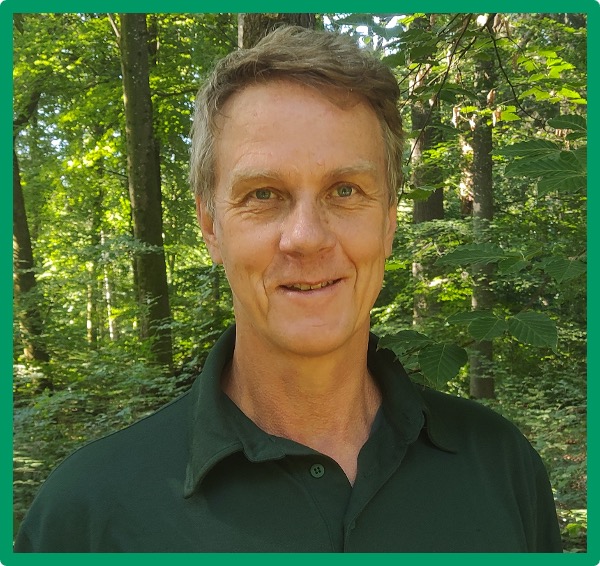
Martin Roth has been a district manager in the Lake Constance district for 25 years. He is responsible for a district with seven municipal forests and almost 700 private forest owners, who together manage around 1,500 parcels of land. One of the most challenging aspects of his work is dealing with the massive liquidation of stands due to calamities, especially in small private forests.
Roth relies on innovative digital technologies and was involved in the development of Wood.In.Vision. He also lectures at Rottenburg University of Applied Sciences and the University of Freiburg, where he teaches practical applications of digital technologies in forestry.
Prof. Dr. Andreas Rothe
Professor at the Faculty of Forestry at the University of Applied Sciences Weihenstephan-Triesdorf
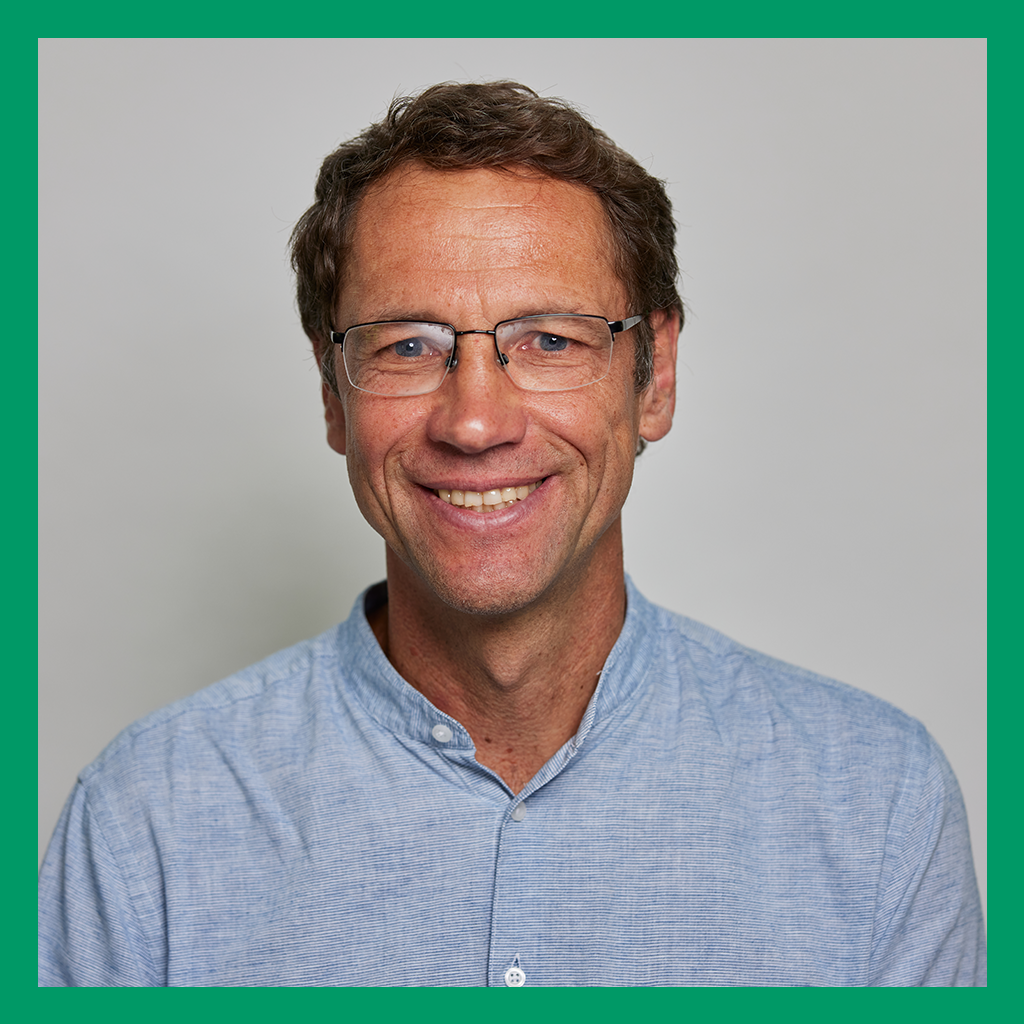
Prof. Dr. Andreas Rothe has been a professor at the Faculty of Forestry at the University of Applied Sciences Weihenstephan-Triesdorf since 2005. He began his scientific career in the 1990s at the Technical University of Munich (TUM), focusing on forest ecology and mixed-species stands.
With over a decade of practical experience working for the Bavarian State Forest Enterprise, Prof. Rothe brings a strong background in applied forestry. From 2016 to 2019, he was engaged in forest management planning during an extended leave from the university, further strengthening his ties to practical forestry. Currently, he teaches courses on tree species suitability and forest management planning for forestry students.
His research focuses on the application of remote sensing technologies for operational forest management planning. Throughout his career, Prof. Rothe has consistently advocated for the close integration of practice, education, and research in forestry.
Dr. Lars Waser
Senior Researcher at the Swiss Federal Institute for Forest, Snow and Landscape Research WSL

Dr. Lars T. Waser, is a senior researcher at WSL with more than two decades of expertise in remote sensing with focus on forests. His main research focuses on modelling forest parameters (area, structure, tree species, biomass, forest edge etc.) at different scales (with a focus on nationwide products) and the appropriate validation of remote sensing-based forest products.
He leads national and international projects and programs, and supervises master and PhD students. He’s associate editor of two Q1 remote sensing journals and member of several scientific and steering committees and associations. He is actively engaged in bringing together applied research and forest practitioners and has achieved important milestones in this regard.
